EEBA (European School of Brussels-Argenteuil) is an international, multilingual school offering the European Schools’ curriculum. It offers a world class education together with the opportunity to stay connected to home languages and cultures. It provides access to schools and universities in home countries and across the world.
Thanks to the Alcuin Funds for the school, EEBA obtained a grant to set up a permaculture project on campus (vegetable garden, edible forest).
The key features of the European School Brussels – Argenteuil are :
- A strong curriculum taught through several modern European languages with a strong emphasis on both scientific discovery and cultural understanding.
- The unique multi-lingual and multi-cultural ethos particular to the European Schools, enhanced by all that is best in the Nordic educational context found at the stunningly beautiful natural estate of the Castle of Argenteuil.
- The development from the outset of conceptual skills built by a multilingual approach which benefits learning in all areas.
- We focus on developing the whole child and nurturing their natural aptitudes to ensure that each pupil leaves here ready to meet whatever challenges await.
- The question we ask is not “how intelligent is your child?”, rather “in what ways is your child intelligent?”. Our message to them is simple: try to be the best you can be in everything you do.
- Preparation for the highly regarded European Baccalaureate, which provides access to higher education across the world.
- Provision of the European Schools’ curriculum through modern languages by fully qualified native speakers.
- Strong individual support and thoughtfully differentiated classroom learning.
With the help of the Alcuin Funds for the School, EEBA has been able to obtain grants to set up an ecological project (vegetable garden, edible forest).
We invite you to visit our website for more details.
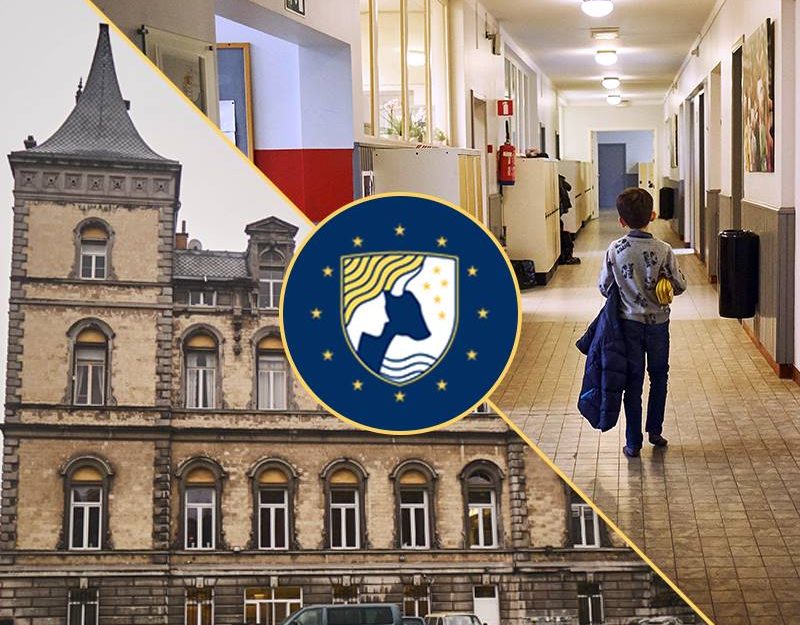
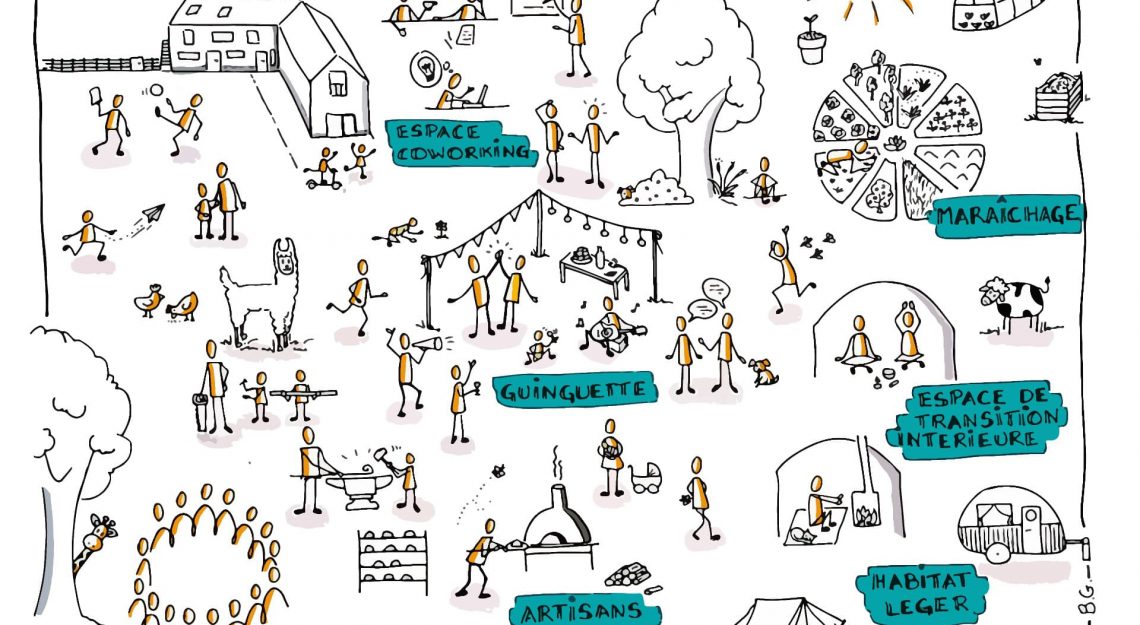
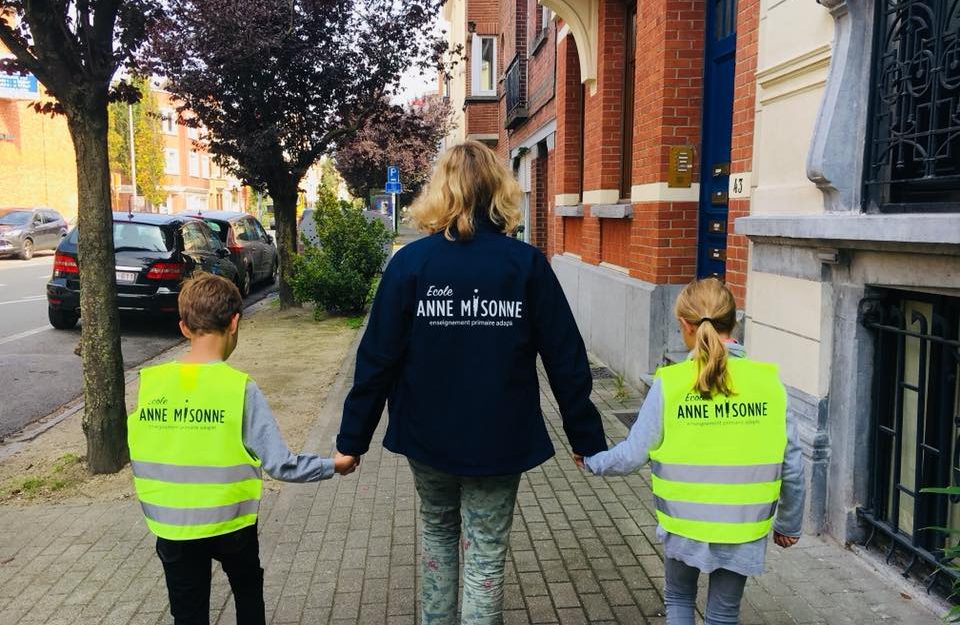
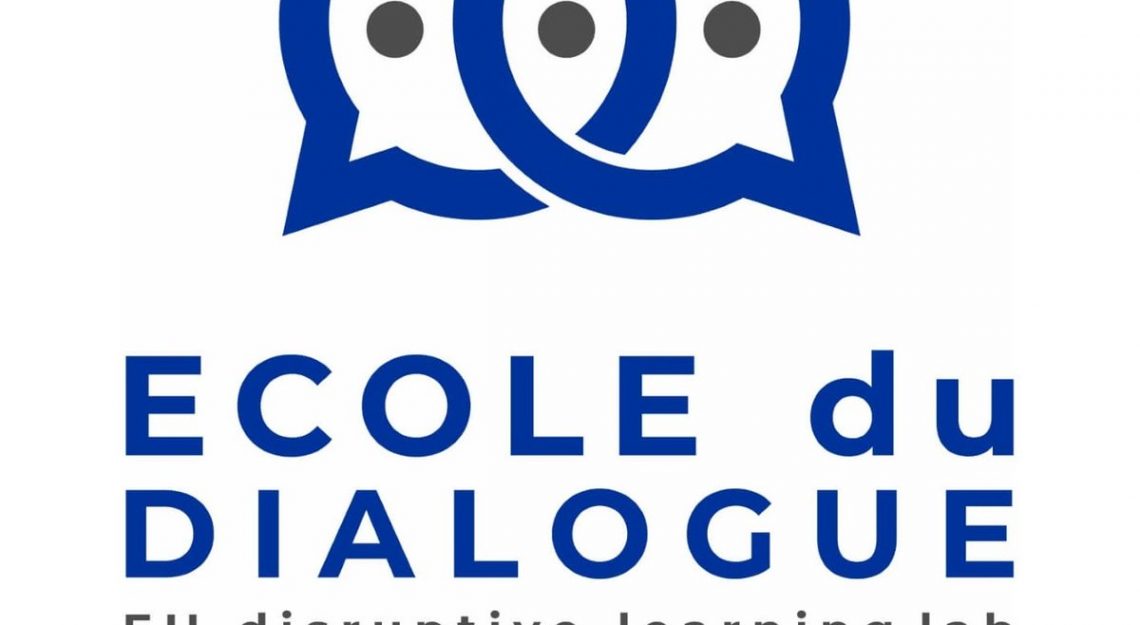
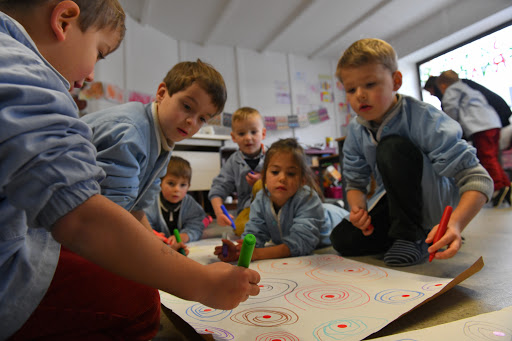
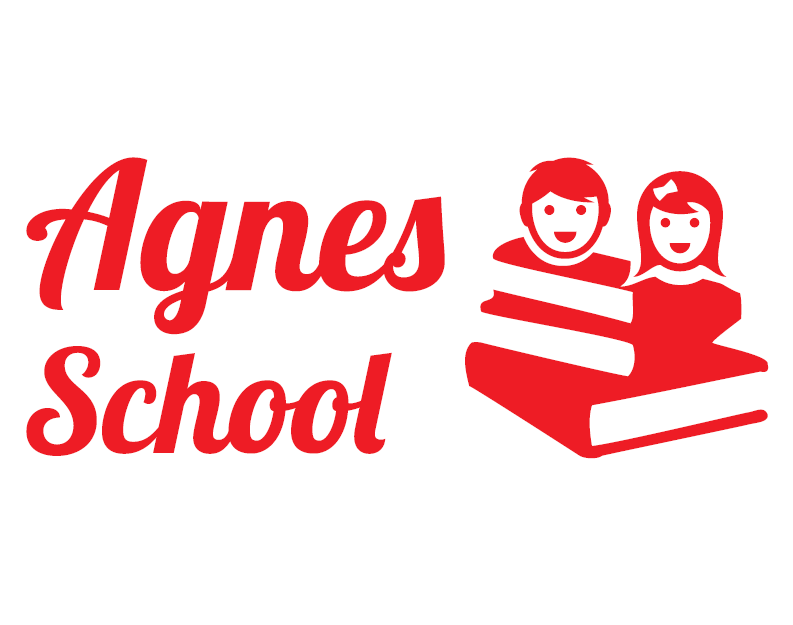
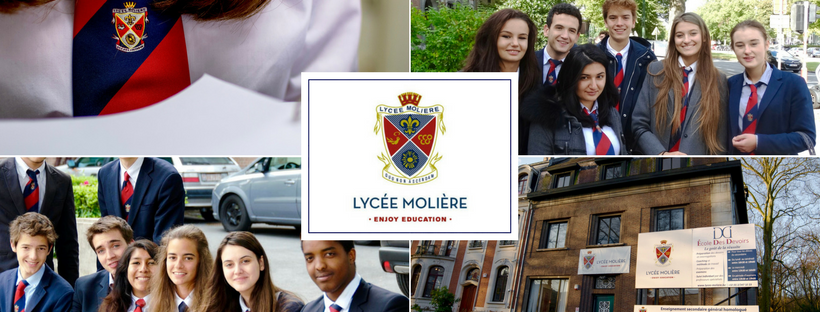
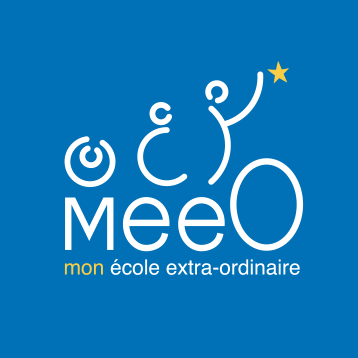
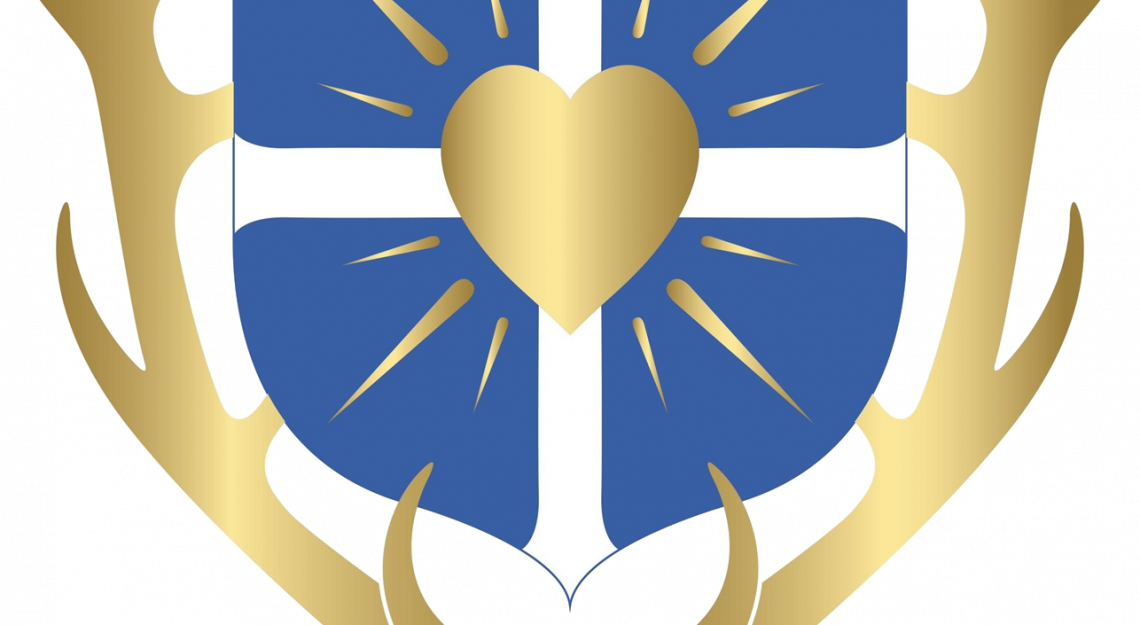
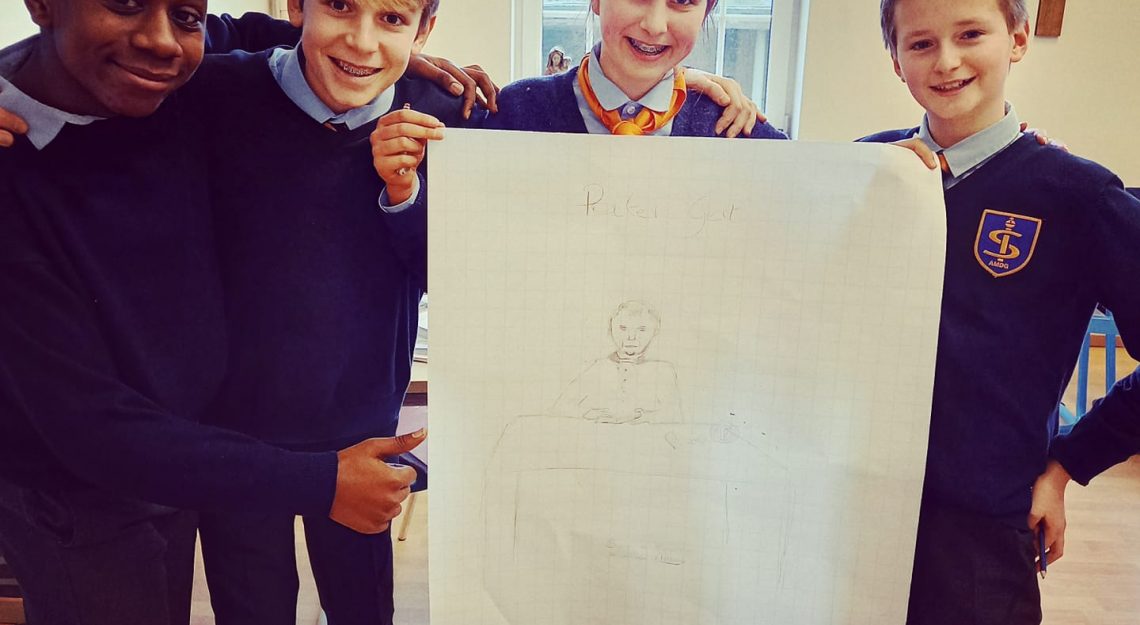
Recent Comments